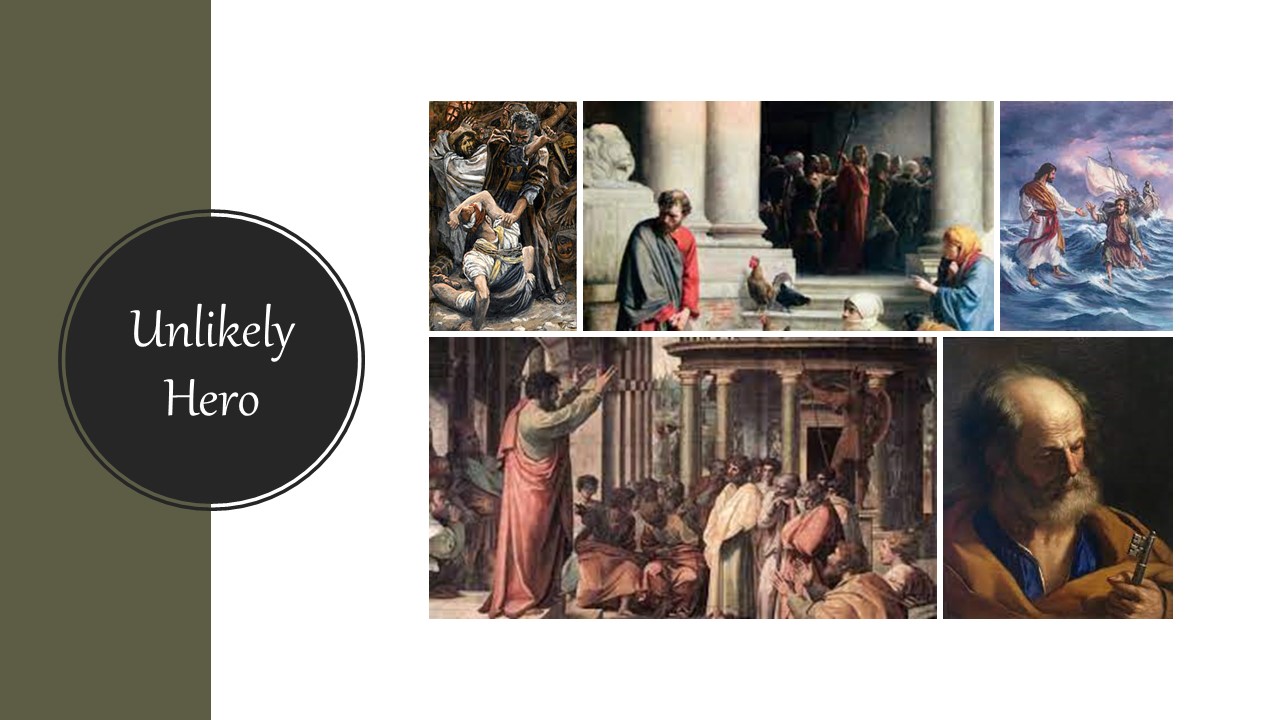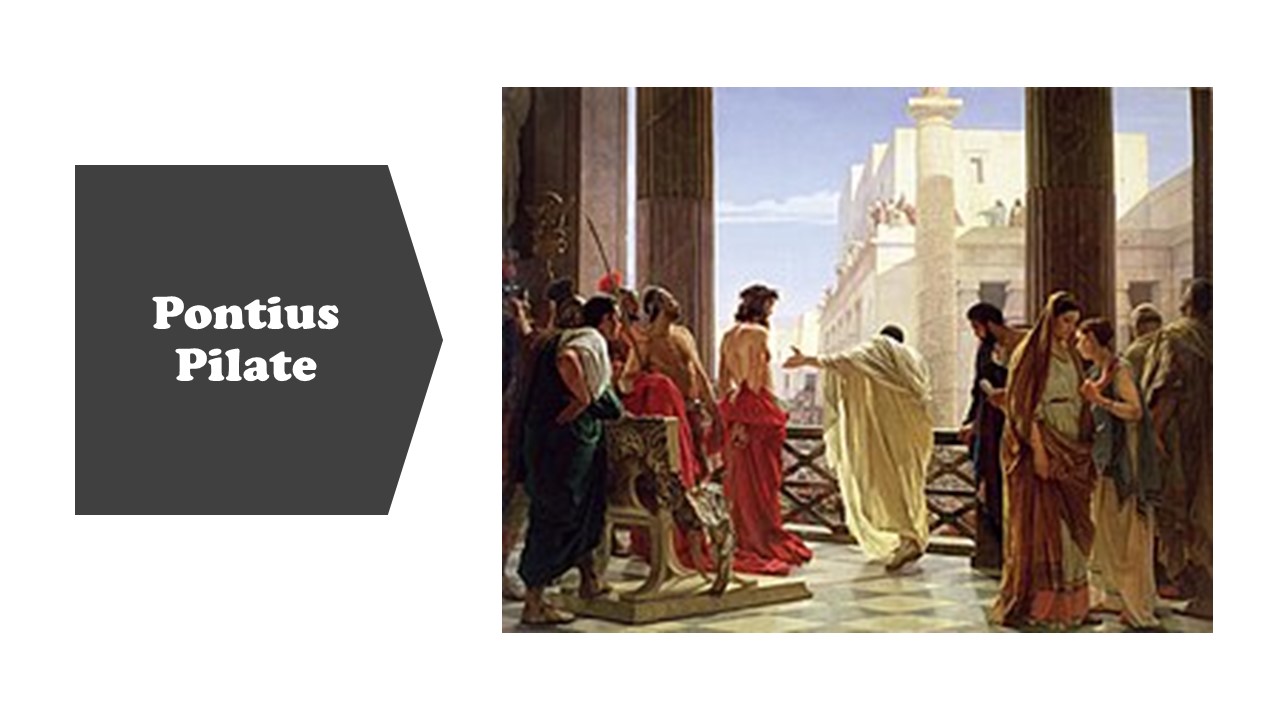We continue with “Perspectives on Easter” – our series focused on the people who played both major and minor roles in the Easter narrative, as well as the relevant places, practices, artifacts, and traditions related to Easter. Today we feature a first person monologue from Gestas.
Dismas and Gestas are the names sometimes mentioned as the two thieves crucified on crosses to the right and left of Jesus. In the New Testament accounts of the crucifixion, two men are mentioned, yet their names are never given. The names Dismas and Gestas do not come from the New Testament, but are taken from a pseudepigraphal book not included in the New Testament canon. As a result, whether Dismas and Gestas were the true names of the two men crucified at the time of Jesus is unknown.
The names Dismas and Gestas are first found in the apocryphal writing entitled “The Gospel of Nicodemus” that historians typically agree was written in the 4th century. Since this document was written over two centuries after the events and is found in a book containing other disputable information, few argue that much certainty can be attached to these two specific names.
Still Dismas (sometimes spelled Dysmas) was the name associated with the good thief who asked Jesus to remember him in paradise (Luke 23:43), while Gestas was the one who taunted Jesus along with the crowd.
Other scriptures referenced in this monologue include Acts 5:36-37; Matthew 21:1–11; Mark 11:1–11; Luke 19:28–44; John 12:12–19; and John 19:5-6.

In the life of Peter, we see that Jesus uses unlikely heroes. Peter was a fisherman from Galilee, but Jesus called him to be...

How bold are you? As you move forward in this new year, how big are your dreams? How steady is your step? How willing...

Pontius Pilate was the Roman governor of Judea from A.D. 26-36, serving under Emperor Tiberius. He is most known for his involvement in condemning...